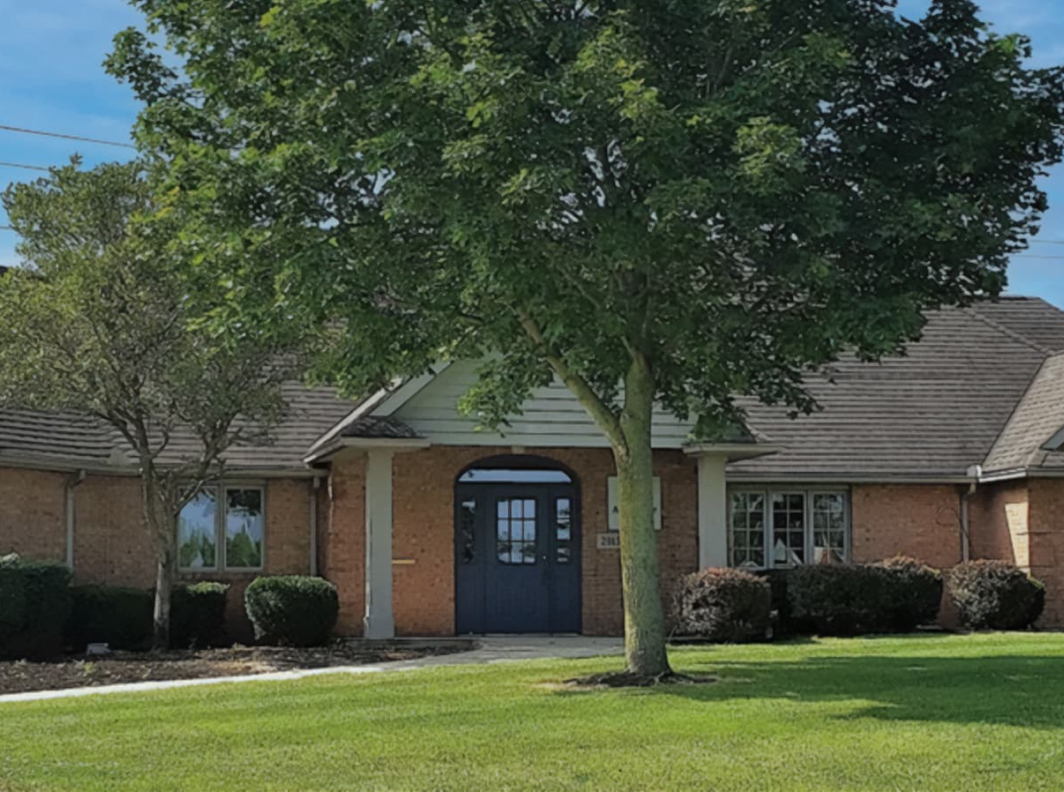Cornerstone of Hope
Never grieve alone.
OUR STORY
We know grief can be devastating—that’s why we started Cornerstone of Hope.
Since 2003, Cornerstone of Hope’s vision has been to create a world where no grieving person journeys alone. If you are grieving the loss of a loved one and are in need of support, we are here to serve.
“When my husband passed away, I immediately found the need to find someplace to help me get through it. Cornerstone was just that place.”
– Amy –
“Through the help of my counselor, I was able to self-evaluate, learn about me and my grief as an individual and walk away with coping skills that over time gave me peace and hope. I was able to authentically be me.”
– Dawn –
“The staff at Cornerstone tailored their ministry to the needs of my family and me. Cornerstone met us where we were at that point in our life.”
– Kyle –
Stay Connected
Subscribe to our e-newsletter to get the most recent information on our resources, programs and events.


